What is Tongue Weight?
Tongue weight refers to the downward force exerted at the hitch point of a trailer when it is attached to a towing vehicle. For dump trailers, this weight is particularly crucial because it affects towing stability, vehicle handling, and overall safety during transportation. Typically, the tongue weight should range between 10% to 15% of the trailer’s Gross Vehicle Weight Rating (GVWR) to ensure balanced weight distribution.
Importance of Correct Tongue Weight
- Stability: Proper tongue weight ensures that the trailer remains level behind the towing vehicle, reducing the risk of swaying or fishtailing.
- Braking Efficiency: Correct tongue weight enhances the braking performance of the towing vehicle, contributing to a more effective stop.
- Tire Wear: Uneven distribution of weight can lead to excessive wear on tires, creating a need for premature replacements.
- Enhanced Handling: A well-balanced trailer increases driving comfort, allowing for smoother turns and improved maneuverability.
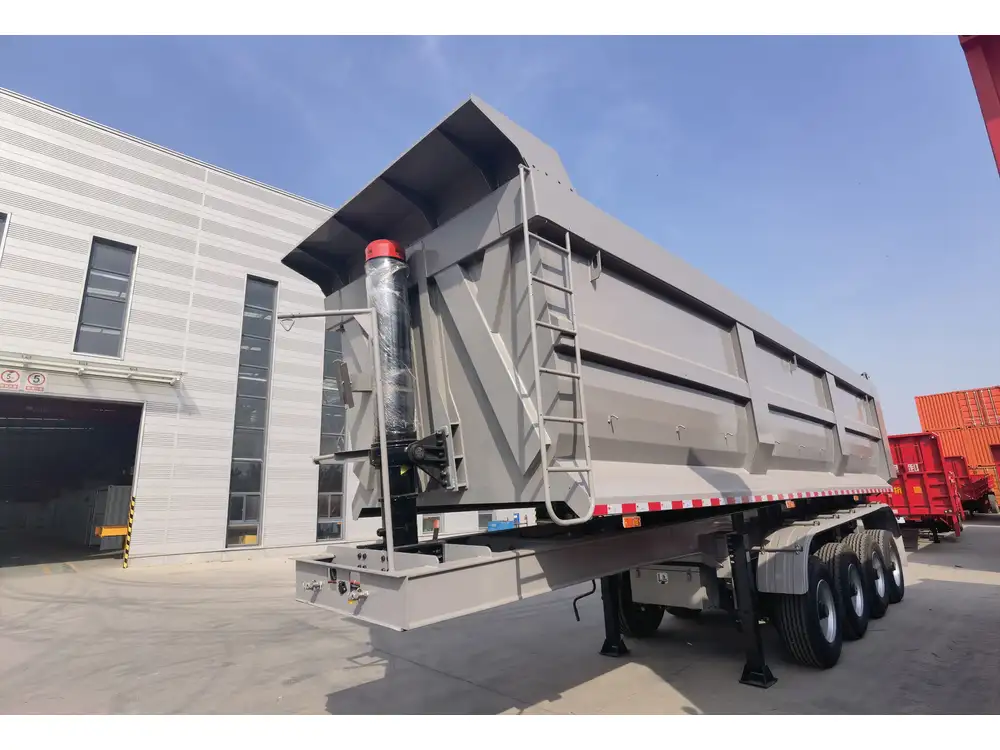
How to Measure Tongue Weight
To achieve an accurate assessment of the tongue weight of your dump trailer, follow these steps:
Step 1: Gather Equipment
- A tongue weight scale or a bathroom scale (if using a bathroom scale, you may need to modify it)
- A level surface such as a concrete driveway
Step 2: Prepare Your Dump Trailer
- Park your dump trailer on a flat and level surface.
- Ensure that the trailer is unloaded for this measurement. If you intend to measure tongue weight when fully loaded, it’s advisable to repeat this process after loading.
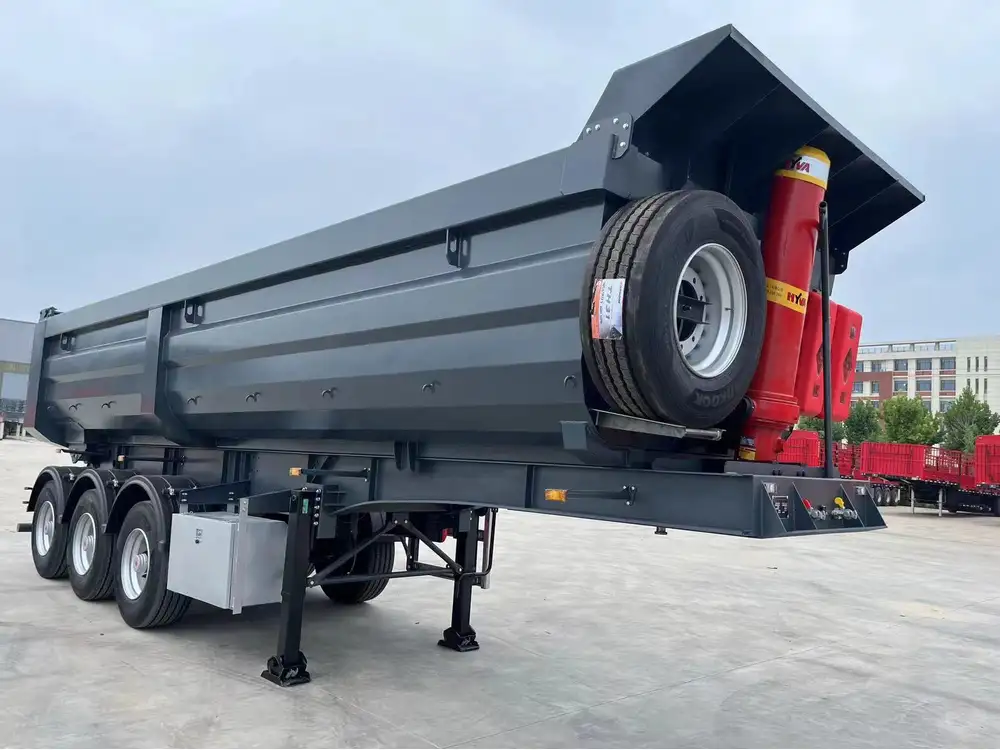
Step 3: Measure the Tongue Weight
Using a Tongue Weight Scale:
- Detach the trailer from the towing vehicle.
- Place the tongue weight scale under the hitch point.
- Lower the trailer onto the scale and note the reading.
Using a Bathroom Scale:
- Lift the trailer’s tongue and adapt the bathroom scale method:
- Place a sturdy board on the scale.
- Position the trailer’s tongue on this board.
- Ensure the board is balanced over the scale and note the weight displayed.
Example of Weight Formulas
| Measurement Method | Weight Calculation |
|---|---|
| Tongue Weight Scale | Direct Reading |
| Bathroom Scale | Scale Reading / Efficiency Factor |
Efficiency Factor for Bathroom Scales
When using a bathroom scale, it’s often necessary to use an additional lever or block to redistribute the weight evenly. The efficiency factor depends on the angle of the board used. For accurate tongue weight readings, consider an efficiency factor of 1.25 if using a 2:1 lever system.

Factors Affecting Tongue Weight
Multiple variables influence the final tongue weight of a dump trailer, including:
1. Load Distribution
The distribution of the load within the trailer significantly affects tongue weight. When the load is positioned toward the front of the trailer, the tongue weight increases. Conversely, rearward load shifts can decrease tongue weight, leading to unstable towing conditions.
2. Trailer Design and Specifications
Design variations, such as the length of the trailer, its axle configuration, and the type of hitch used, directly impact the calculated tongue weight. Long trailers often allow for greater flexibility in load placement, whereas shorter trailers may require precise weight distribution strategies.

3. Vehicle Specifications
The towing vehicle’s weight and capacity also play a critical role. Heavier towing vehicles can manage larger tongue weights effectively, while lightweight vehicles may struggle with the added burden.
Optimal Tongue Weight Ratios
Determining the right tongue weight ratio is vital for safe towing. Here’s a breakdown of optimal ratios based on different weights:
| Trailer Weight (GVWR) | Optimal Tongue Weight (10% – 15%) |
|---|---|
| 2,000 lbs | 200 – 300 lbs |
| 5,000 lbs | 500 – 750 lbs |
| 10,000 lbs | 1,000 – 1,500 lbs |
| 14,000 lbs | 1,400 – 2,100 lbs |
Consequences of Improper Tongue Weight
- Overloaded Tongue: An excessively high tongue weight can theoretically lead to trailer nose diving, causing overheating of the towing vehicle’s suspension.
- Insufficient Tongue Weight: Low tongue weight often results in swaying or fish-tailing of the trailer, compromising safety.

Common Misconceptions About Tongue Weight
1. “Heavier is Always Better”
While it’s true that heavy tongue weight can stabilize a trailer, exceeding the manufacturer’s specifications can lead to damage and hazards. Always refer to the trailer owner’s manual for guidelines.
2. “All Trailers Are the Same”
Each trailer type, including dump trailers, has unique weight distribution characteristics depending on their design, load type, and towing approach.
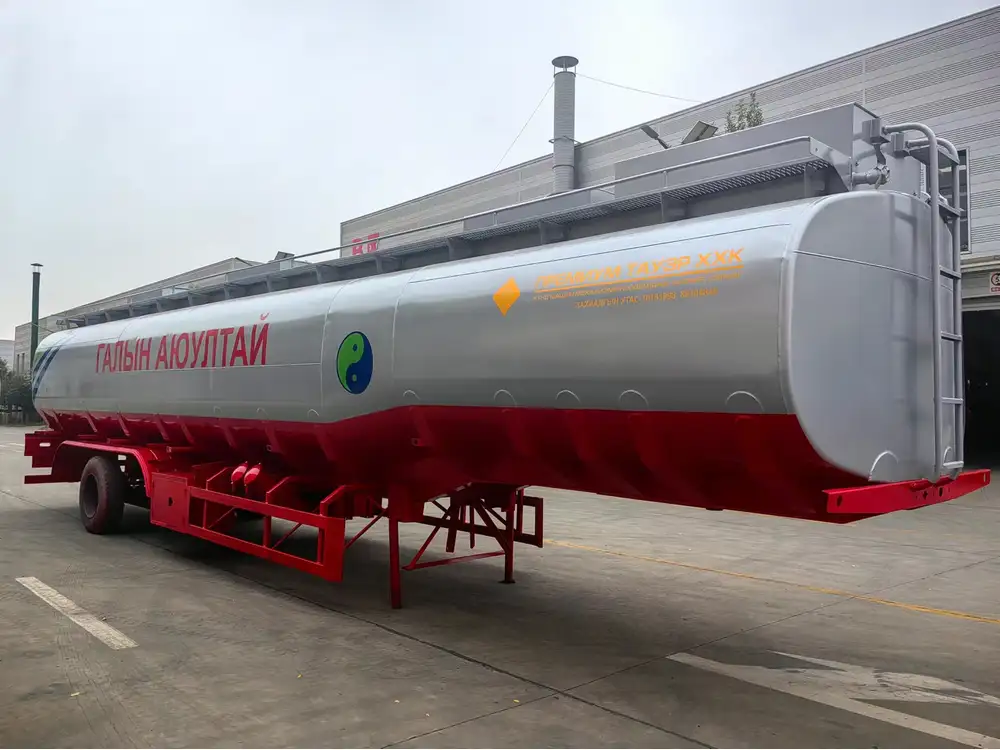
3. “I Can Load It Any Way I Want”
Improper loading can lead to poor balance and compromised safety. Always consider the load’s positioning to maintain the proper center of gravity.
Practical Tips for Managing Tongue Weight
Adjust Load Placement: Rearranging cargo can effectively bring tongue weight within optimal ranges—move heavy items toward the front if tongue weight is underweight.
Use Weight Distribution Hitches: These specialized hitches help distribute the weight evenly across both trailer axles and the towing vehicle for improved handling.
Conduct Regular Checks: Frequently measure your tongue weight to ensure it remains within specified limits, especially after changes to load or trailer use.
Frequently Asked Questions (FAQs)
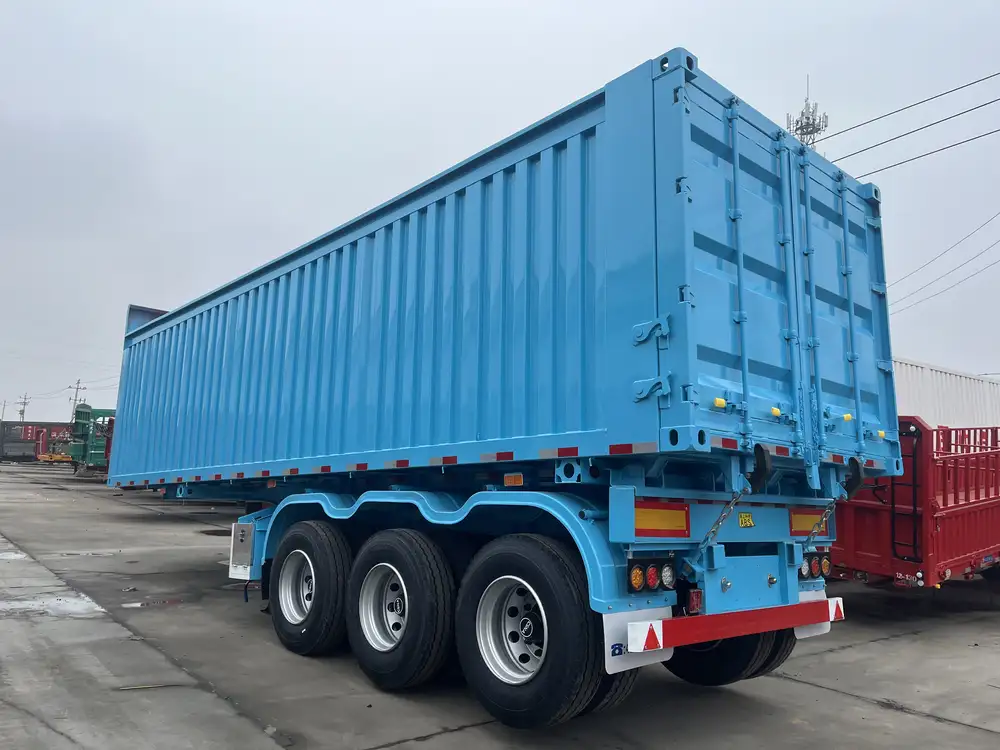
Q: How do I know if my tongue weight is too high?
A: If your towing vehicle appears to sag at the rear, or the front lifts excessively, you may have too much tongue weight. Additionally, modifications in braking distances and handling may indicate issues.
Q: Can I use a weight-distributing hitch with a dump trailer?
A: Yes, a weight-distributing hitch can enhance stability when towing dump trailers, but ensure the hitch is compatible with the trailer’s design and capacity.
Q: What is the maximum tongue weight I can have?
A: Each towing vehicle and trailer will have specific maximum values; it’s essential to consult the vehicle’s manual and the trailer’s specifications.
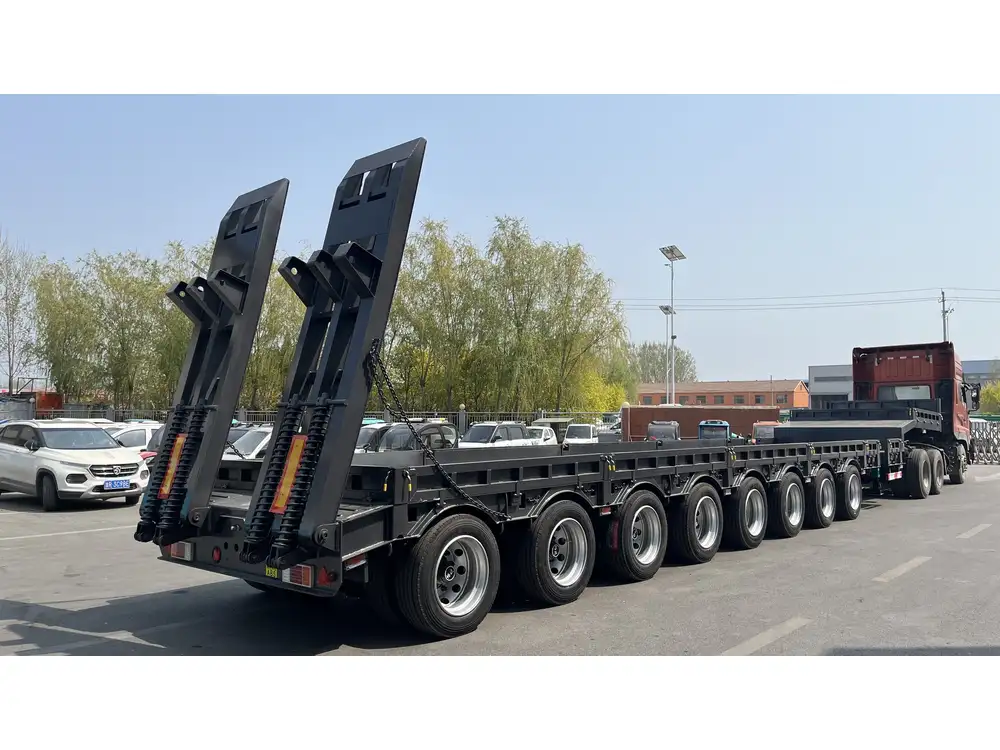
Closing Thoughts
Understanding and optimizing the tongue weight of your dump trailer is fundamental for safe and efficient towing. By regularly measuring, adjusting loads, and utilizing the right equipment, you significantly enhance not only your safety but also the longevity of your towing setups. When in doubt, always refer to your manufacturer guidelines and consult experts in the industry to tailor-fit towing solutions for your particular needs.
Approach your next hauling task with thorough knowledge, and enjoy the journey with peace of mind. Your awareness and diligence will correct common misconceptions and fortify your handling of dump trailers. By remaining engaged in the nuances of loading and balancing, you pave the path toward hassle-free hauling ahead.



